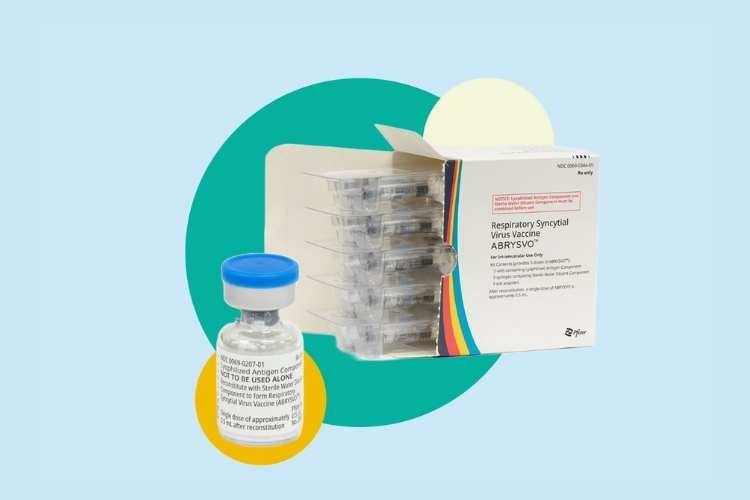Despite GSK’s Arexvy pioneering the respiratory syncytial virus (RSV) vaccine landscape earlier this summer, Pfizer has persistently challenged the competition with its counterpart, Abrysvo. With RSV season on the horizon, Pfizer’s Abrysvo has garnered an official endorsement from the CDC for administration during pregnancy to shield infants.
On Friday, the CDC’s Advisory Committee on Immunization Practices (ACIP) cast an 11-1 vote favoring the recommendation of Abrysvo for individuals between 32 and 36 weeks pregnant. Pfizer announced that the vaccine is poised to fortify infants against RSV-associated lower respiratory tract infection for the initial six months of life.
Luis Jodar, Ph.D., Pfizer’s Chief Medical Affairs Officer for Vaccines, highlighted that around 75% of RSV-related infant hospitalizations occur within this critical six-month window.
Earning this endorsement, Abrysvo becomes an integral part of the CDC’s recommended maternal vaccines, joining the ranks of vaccines for influenza, whooping cough, and COVID-19. Pfizer plans a fall rollout for Abrysvo, aligning with its other vaccines, including those against COVID-19 and pneumococcal pneumonia.
The FDA granted Abrysvo its approval for newborn protection in late August, marking it as the first maternal RSV vaccine. However, it faces competition, as Sanofi and AstraZeneca’s antibody Beyfortus (nirsevimab) also secured regulatory approval in July as a preventative measure for RSV diseases in infants.
Related: Beyfortus: A Breakthrough RSV Shot For Infants Approved By CDC
The competitive landscape for RSV vaccines initially took shape with the approval of GSK’s Arexvy for adults over 60 in May, establishing it as the first RSV vaccine for adults globally. Pfizer remained hot on GSK’s heels, securing approval for the adult indication of Abrysvo in June.
The commercial launches of both Pfizer’s and GSK’s vaccines hinged on ACIP’s approval. The committee extended its endorsement in late June, albeit with a degree of hesitancy. The CDC panel refrained from urging seniors to get vaccinated, instead suggesting that individuals could opt for GSK’s Arexvy or Pfizer’s Abrysvo based on personal health considerations.
Related: CDC Panel Supports This Year’s RSV Vaccinations From GSK And Pfizer
This hesitancy stemmed from a cautious 9-5 vote by ACIP, reflecting concerns regarding the insufficient representation of individuals aged 65 and above in clinical trials. For those aged 60 to 64, the panel demonstrated greater willingness, voting 13-0 with one abstention.
The RSV season, typically commencing in late fall and peaking in winter, will witness the introduction of these novel RSV vaccines, coinciding with the availability of seasonal flu and COVID-19 vaccines.





























